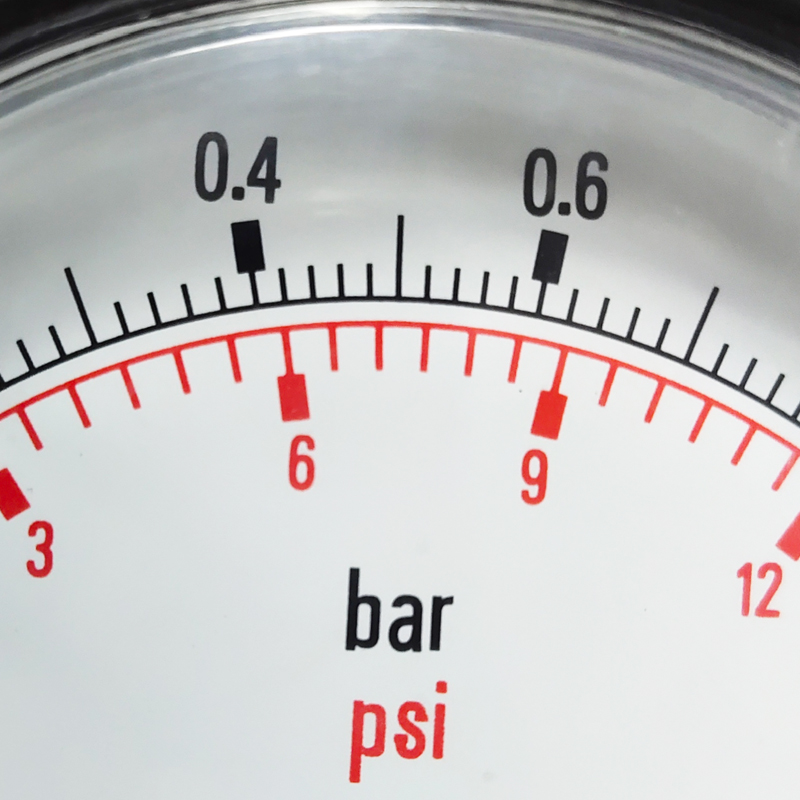
Nov . 16, 2024 14:27 Back to list
isolation diaphragm pressure gauge factory
Understanding Isolation Diaphragm Pressure Gauges A Comprehensive Overview
In various industrial applications, precise measurement of pressure is crucial for ensuring optimal performance and safety. One of the effective tools employed for this purpose is the isolation diaphragm pressure gauge. This specialized device offers unique advantages, particularly in demanding environments where traditional gauges may fail.
What Is an Isolation Diaphragm Pressure Gauge?
An isolation diaphragm pressure gauge is a device used to measure the pressure of gases or liquids while providing a physical barrier that prevents these substances from directly contacting the gauge mechanism. This design is particularly beneficial in scenarios involving corrosive fluids, high-temperature applications, or when measuring viscous liquids that could damage the gauge internals. The isolation diaphragm separates the pressure sensing element from the process media, ensuring accurate readings and extending the life of the gauge.
The Working Principle
At the core of the isolation diaphragm pressure gauge is a flexible diaphragm, often made of materials such as stainless steel, elastomers, or Teflon, depending on the application’s requirements. As pressure is applied to the diaphragm, it deforms slightly. This deformation translates into a mechanical movement that is transmitted to a mechanical or electronic readout mechanism, providing a direct measurement of pressure.
The design typically includes a sealed chamber on one side of the diaphragm that is filled with a transmission fluid. This fluid allows the movement induced by the pressure on the other side of the diaphragm to be transferred accurately to the gauge’s measuring mechanism.
Applications in Industry
Isolation diaphragm pressure gauges are essential across various sectors, including
1. Chemical Processing In industries dealing with corrosive chemicals, the isolation diaphragm protects the gauge from reactive substances, ensuring longevity and reliable readings.
isolation diaphragm pressure gauge factory

3. Pharmaceuticals Precision measurements are critical in pharmaceutical applications, where the consequences of pressure variations can impact product quality.
4. Oil and Gas The ability to measure pressure in high-stakes environments, such as oil rigs and refineries, makes these gauges indispensable for safety and operational efficiency.
5. Water and Wastewater Treatment Isolation diaphragm pressure gauges help monitor the pressures in various stages of water treatment processes, contributing to system reliability.
Advantages of Isolation Diaphragm Pressure Gauges
1. Protection Against Contamination With a physical barrier in place, the risk of contamination is significantly reduced, making these gauges suitable for sensitive applications.
2. Increased Accuracy By isolating the pressure sensing element from the media, these gauges can maintain accurate readings even in fluctuating temperatures and pressures.
3. Extended Service Life The robust design minimizes wear and tear on gauge internals, leading to a longer operational life and lower maintenance costs.
4. Versatility They can handle a wide range of pressures and are compatible with various process media, making them adaptable for different applications.
5. Safety By preventing direct contact with hazardous materials, these gauges enhance workplace safety for operators.
Conclusion
Isolation diaphragm pressure gauges are vital instruments for many industries, offering protection, accuracy, and longevity in demanding applications. Their unique design and operation principles enable them to tackle challenges that traditional pressure gauges cannot, making them a preferred choice in critical environments. As industries continue to evolve, the role of advanced measurement tools like isolation diaphragm pressure gauges will become increasingly important, reinforcing the need for precision and safety in industrial processes. Investing in these gauges is not just about acquiring a tool; it's about ensuring quality, compliance, and reliability in every operational metric.
-
Bourdon-Type Differential Pressure Gauges High Accuracy & Affordable Pricing
NewsMay.22,2025
-
Vacuum Differential Pressure Gauges High-Precision Solutions & Quotes
NewsMay.22,2025
-
Durable Diaphragm Pressure Elements High Accuracy & Custom Quotes
NewsMay.22,2025
-
AG Precision Pressure Gauges High Accuracy & Global Exporters
NewsMay.21,2025
-
Ashcroft Diaphragm Pressure Gauges Precision & Durability
NewsMay.21,2025
-
Micro Differential Pressure Gauges High-Precision & Compact Solutions
NewsMay.20,2025
